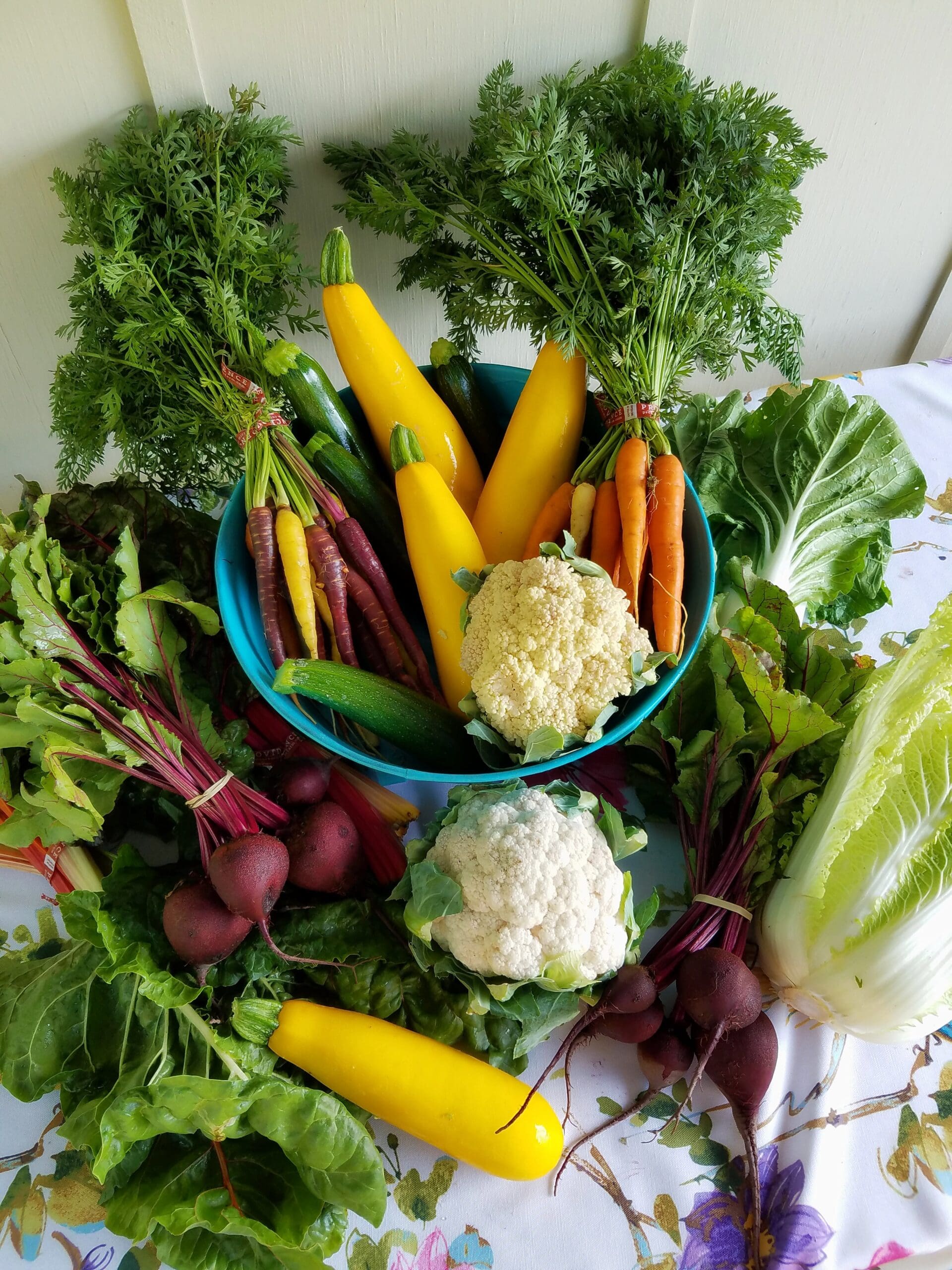Mindful eating is an approach to food and eating that involves paying close attention to the present moment and being fully aware of your thoughts, feelings, and sensations related to food. It focuses on developing a healthy relationship with food by cultivating awareness, non-judgment, and self-compassion. Mindful eating encourages a deeper connection with the eating experience and promotes a more positive and balanced approach to nourishing the body.
Some of the key principles of mindful eating are:
- Awareness
- Eating with intent
- Being non-judgmental
- Slowing down
- Listening to your body
- Portion control
- Correct food choices
Most of these principles are closely related.
Awareness starts with cultivating knowledge of the situation as it pertains to eating. This awareness includes your physical and emotional cues such as hunger, fullness, cravings, and triggers. The first questions you need to ask yourself are, “Am I actually hungry or is it just time to eat? Or am I just bored?” “Do I have a craving since watching a certain ad on television or seeing a food item in a bakery?” Remember that certain images or smells can trigger the desire to eat. Try to be careful about overeating by snacking. When you do eat, be mindful of all the senses from appreciating the colors, smells, textures, and flavors of the food.
Eating with intention encourages conscious decision-making about what we choose to eat and how much. If we tune into our body’s signals of hunger and satiety, we can make choices that honor our physical and nutritional needs.
Do we have a non-judgmental attitude toward our food choices or eating behaviors? If we let go of self-criticism or guilt associated with food, we can embrace self-acceptance and self-compassion. This allows us to have a healthier relationship with food and a reduction in falling into emotional eating patterns. Being healthy is making good food choices but no one is perfect all the time.
Slowing down involves giving yourself time to eat without rushing and savoring each bite. This allows for the recognition of the taste and texture of the food, as well as the enjoyment derived from the eating experience. Also, by slowing down, you give your body time to register how full it actually is and reduce overeating.
Mindful eating encourages listening to your body. Tune into your body’s signals and respond to them accordingly. This involves distinguishing between actual physical hunger and other non-hunger triggers, such as boredom, fear, loneliness, sadness, poor self-esteem, stress, or emotional cues. By listening to your body, you can better understand and address your true nutritional needs.
Portion control is a big key principle, literally. How many times have you gone to a restaurant and were surprised about the large amount of food the server brought you? And of course, instincts from childhood persuade you to finish your whole meal. Portion control is not only about serving size but when you are given these larger amounts of food, to be sensible and ask for a doggie bag. When you prepare your own food, choose the appropriate portion sizes that satisfy your hunger and provide nutritional value without overeating or restrictive eating.
Most of the processed or store-bought packaged food has little to no nutritional value and is loaded with additives and preservatives. If your body does not sense that it is receiving the nutrition it needs, it will ask for more (meaning you will still be hungry) which will lead to overeating. Shop for organic food and if your budget does not allow you, at least shop for whole foods. With whole foods, you will receive nourishing food with nutritional value and benefits that support your well-being and fuel your body efficiently.
By practicing mindful eating, individuals can develop a healthier and more sustainable approach to food and eating. It can help in reducing overeating, emotional eating, and mindless snacking while promoting a greater sense of satisfaction, enjoyment, and balance in relation to food.
By David Komin




